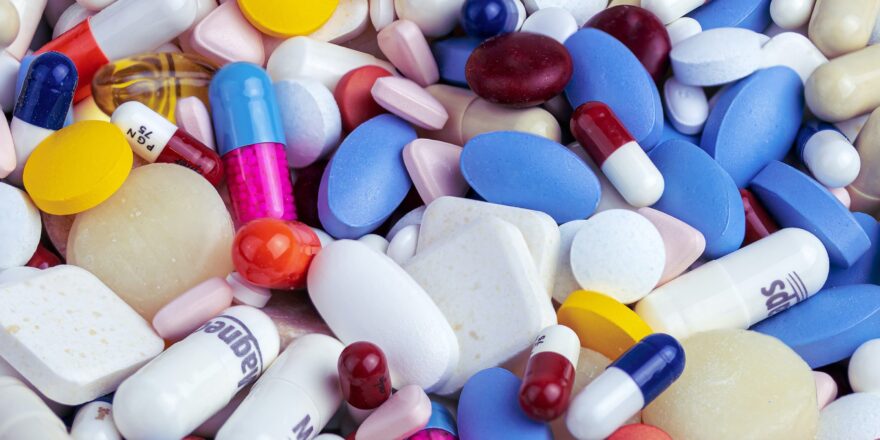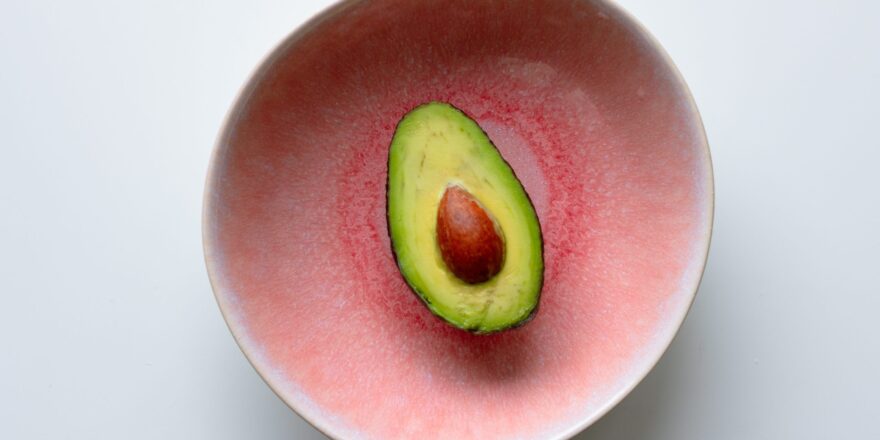Caffeine is a stimulant in coffee, tea, chocolate and some soft drinks and an integral part of most cultures. Caffeine can reduce female fertility as the ‘pick-me-up’ or energy boost is stimulating in a similar way to drugs like cocaine, and regular intake can cause dependence as they feel flat and lethargic without it.
Tea, chocolate and coffee have many health benefits, so they’re definitely not “bad”, but caffeine has unwanted effects on women trying to conceive or pregnant. Most information on caffeine and fertility is from coffee, and there’s little data on how sources of caffeine vary effects. However, tea and coffee have strikingly different properties and effects on the body.
The American Congress of Obstetricians and Gynaecologists i advises up to 200 mg of caffeine a day is safe for pregnant women. There’s always debate around research, but coffee can significantly:
- Reduce the chances of getting pregnant
- Increase the risk of miscarriage
- Increase the risk of “stillbirth”
Likelihood of pregnancy
- Women are twice as likely to get pregnant each cycle when they drink one cup (or less) of coffee a day than moderate coffee drinkers.
- Increasing coffee intake reduces a woman’s chance of conceiving. ii
- Over 500 mg of caffeine a day makes it take (on average) over 9½ months longer to get pregnant. iii
Risk of miscarriage
- Between 150 and 300 mg of caffeine a day is linked to a three-fold increase in miscarriage risk.
- Over 300 mg of caffeine a day is linked to a sixteen-fold increase in the risk of miscarriage. iv
- Genetic abnormalities cause most miscarriages but are less common when women who over 500 mg of caffeine a day, suggesting high caffeine intake encourages a higher proportion of “healthy foetus” miscarriages. v
- Women consuming over 375 mg of caffeine a day are over twice as likely to have spontaneous miscarriages as women consuming under 200 mg caffeine a day. vi
Risk of stillbirth
- Women drinking 4-7 cups of coffee a day during pregnancy have a nearly 80% increased chance of stillbirth.
- Women who drink over 8 cups of coffee a day have nearly a 300% increased chance of stillbirth. vii
Caffeine content
The amount of caffeine in foods and drinks varies, but a general guide to caffeine content is: viii
| Product | Caffeine (mg) |
|---|---|
| Milk chocolate bar | 9 |
| Dark chocolate bar | 20 |
| Anacin (2 tabs) | 64 |
| Black tea | 30-80 |
| Green tea | 35-60 |
| Diet Coke | 47 |
| Pepsi Max | 69 |
| Starbucks Hot Chocolate | 25 |
| McDonald’s coffee (16oz) | 133 |
| Maxwell House Ground Coffee (12oz) | 100-160 |
| Starbucks Espresso (2oz) | 150 |
| Starbucks Venti coffee (20 oz) | 415 |
| Zantrex-3 weight loss supplement (2 caps) | 300 |
| Monster Energy Drink (16oz) | 160 |
| Bang Energy Drink (16oz) | 357 |
Tea and coffee
Foods and drinks vary in terms of their temperature (mint or ginger), energetic properties and actions. Although all the substances above contain caffeine, coffee affects us differently from tea or chocolate. The nature of coffee is very warm and stimulating (which is fine in small amounts), but too much stimulation both hides and encourages exhaustion. When this goes on for a long time, it can cause an imbalance in the body, and like alcohol, coffee has a greater impact as we age.
Coffee
- Affects the heart and can cause insomnia, jitteriness and palpitations
- The Heart controls the blood and circulation in Eastern medicine traditions, and coffee “enters” and affects the function of an important channel that passes through the womb and regulates the cycle x
The overall effect of coffee increases a sense of agitation and encourages “heat in the blood”, which increases the chances of abnormal bleeding compared to tea or chocolate. The US National Institutes of Health’s view is:
“[Too] much caffeine can make you restless, anxious, and irritable. It may also keep you from sleeping well and cause headaches, abnormal heart rhythms, or other problems. Some people are more sensitive to the effects of caffeine than others. They should limit their use of caffeine. So should pregnant and nursing women” xi
Tea
Tea is cooling, and while it’s also a diuretic, it’s quite different to coffee as it doesn’t directly affect the heart or the blood and is generally calming.
iiWilcox, A., Weinberg, C. et al. (1988). ‘Caffeinated beverages and decreased fertility.’ Lancet 2(8626-8627): 1453-1456.
iiiBolúmar F, Olsen J, Rebagliato M, Bisanti L: European Study Group on Infertility and Subfecundity. ‘Caffeine intake and delayed conception: A european multicenter study on infertility and subfecundity’. Am J Epidemiol 1997, 145:324–334.
iv Stefanidou EM, Caramellino L, Patriarca A, Menato G: ‘Maternal caffeine consumption and sine causa recurrent miscarriage’. Eur J Obstet Gynecol Reprod Biol 2011, 158:220–224.
vCnattingius S, Signorello LB, et al: Caffeine intake and the risk of first-trimester spontaneous abortion. N Engl J Med 2000, 343:1839–1845.
viRasch V: ‘Cigarette, alcohol, and caffeine consumption: Risk factors for spontaneous abortion.’ Acta Obstet Gynecol Scand 2003, 82:182–188.
viiWisborg K, Kesmodel U, Bech BH, Hedegaard M, Henriksen TB: Maternal consumption of coffee during pregnancy and stillbirth and infant death in first year of life: Prospective study. BMJ 2003, 326:420.
viii Adapted from http://www.cspinet.org/new/cafchart.htm
ix‘ Clinical handbook of Internal Medicine. Vol.1’ Maclean and Lyttleton, 1998, University of Western Sydney Press
x ‘Helping ourselves: A guide to traditional Chinese food energetics’. Daverick Leggett, 1994, Meridian Press
xi“Caffeine”. MedlinePlus: U.S. National Library of Medicine. Retrieved 27 October 2012.




